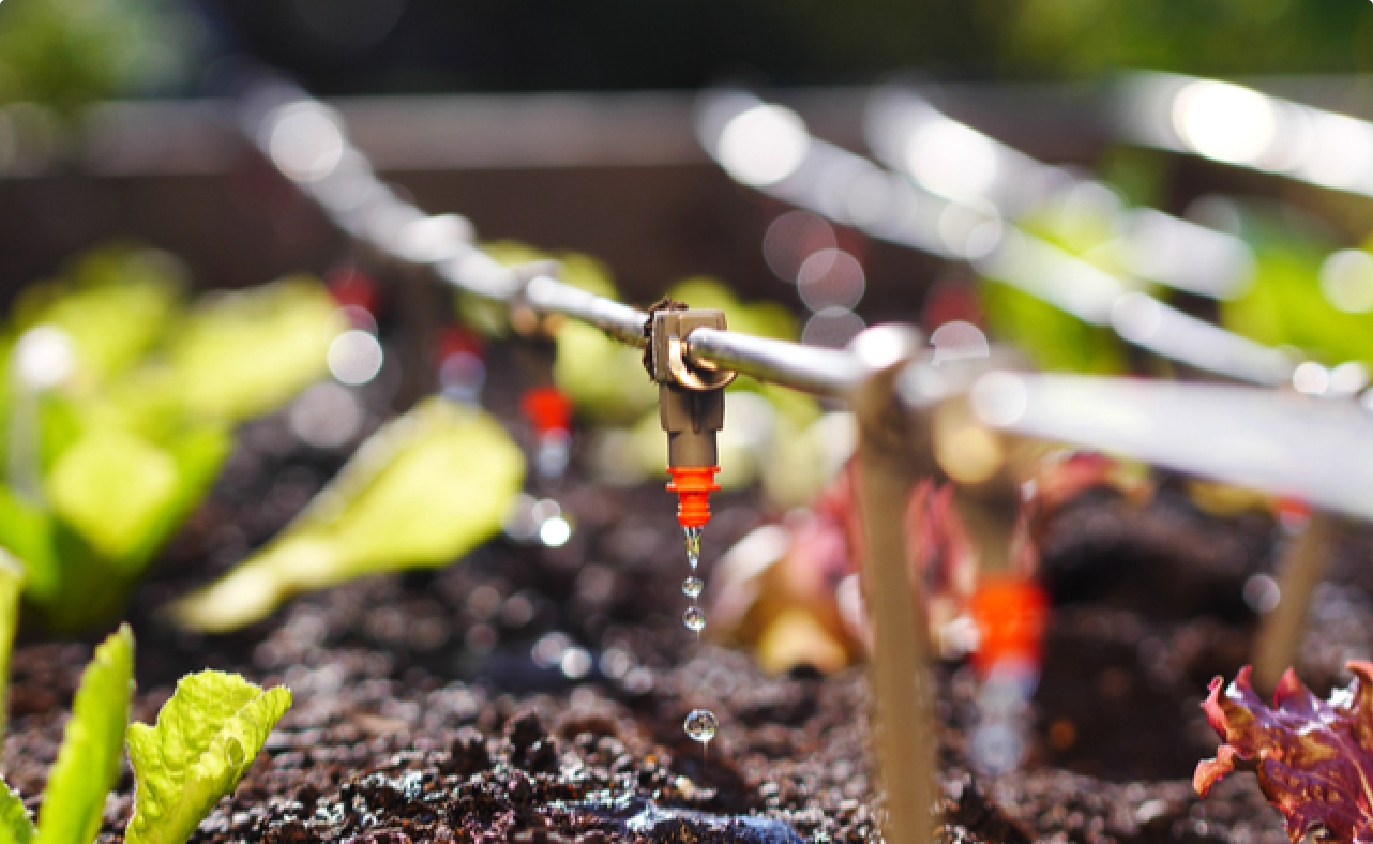In the context of global climate change and increasing water scarcity, efficient water use in agriculture has become paramount. Sustainable farming practices that conserve water are not only essential for the preservation of this vital resource but also for the future of agriculture itself. This article delves into innovative and scientifically-backed water conservation techniques that are reshaping modern agriculture.
Understanding the Importance of Water in Agriculture
Agriculture is the largest consumer of freshwater resources worldwide, accounting for approximately 70% of global freshwater withdrawals. Efficient water use in agriculture is crucial in reducing stress on water resources, especially in areas facing water scarcity.
Techniques for Efficient Water Use
1. Drip Irrigation
Drip irrigation is a highly efficient method of irrigation that delivers water directly to the roots of plants. This technique minimizes water loss due to evaporation and runoff. Studies have shown that drip irrigation can save up to 60% more water than traditional irrigation methods while increasing crop yield by 20-50%.
2. Rainwater Harvesting
Capturing and storing rainwater for agricultural use is an ancient practice that is gaining renewed interest. Rainwater harvesting systems collect rainwater from roofs or catchment areas and store it in reservoirs for later use. This method reduces dependence on external water sources and is particularly useful in regions with distinct rainy and dry seasons.
3. Soil Moisture Conservation
Improving soil health can significantly increase its water-holding capacity. Techniques like mulching, cover cropping, and the addition of organic matter enhance soil structure, reduce evaporation, and promote water retention. Research indicates that soil rich in organic matter can hold 20 times its weight in water.
4. Crop Selection and Rotation
Selecting drought-resistant crop varieties and practicing crop rotation can lead to more efficient water use. Certain crops require less water and are more resilient to water stress. Rotating crops also helps in maintaining soil health, which in turn improves water efficiency.
5. Controlled Environment Agriculture (CEA)
CEA, including greenhouse and vertical farming, allows for precise control over water use. These systems often use hydroponics or aquaponics, which can reduce water usage by up to 90% compared to open-field farming.
6. Water Recycling and Reuse
Innovative farms are implementing systems to recycle and reuse water. For example, water used in aquaculture can be used for irrigating crops, a practice that not only conserves water but also provides nutrients to the plants.
7. Monitoring and Automation Technologies
Advancements in technology such as soil moisture sensors, weather forecasting models, and automated irrigation systems allow for more precise water management. These technologies enable farmers to irrigate only when necessary, reducing water waste.
The Impact of Water Conservation on Sustainability
Implementing water conservation techniques in agriculture leads to multiple benefits:
- Reduction in Water Usage: Efficient irrigation and soil management significantly reduce water consumption.
- Increased Crop Yields: Proper water management can lead to healthier crops and higher yields.
- Preservation of Ecosystems: Reducing agricultural water withdrawal helps in maintaining the ecological balance in rivers and lakes.
- Economic Benefits: Lower water usage results in reduced costs for farmers and can lead to more sustainable agricultural practices.
Conclusion
The adoption of water conservation techniques in farming is essential for sustainable agriculture. As the global population grows and water resources become more strained, these innovative strategies will play a crucial role in ensuring food security and the health of our planet’s ecosystems. By investing in and adopting these methods, the agricultural sector can lead the way in efficient water use and environmental stewardship.

